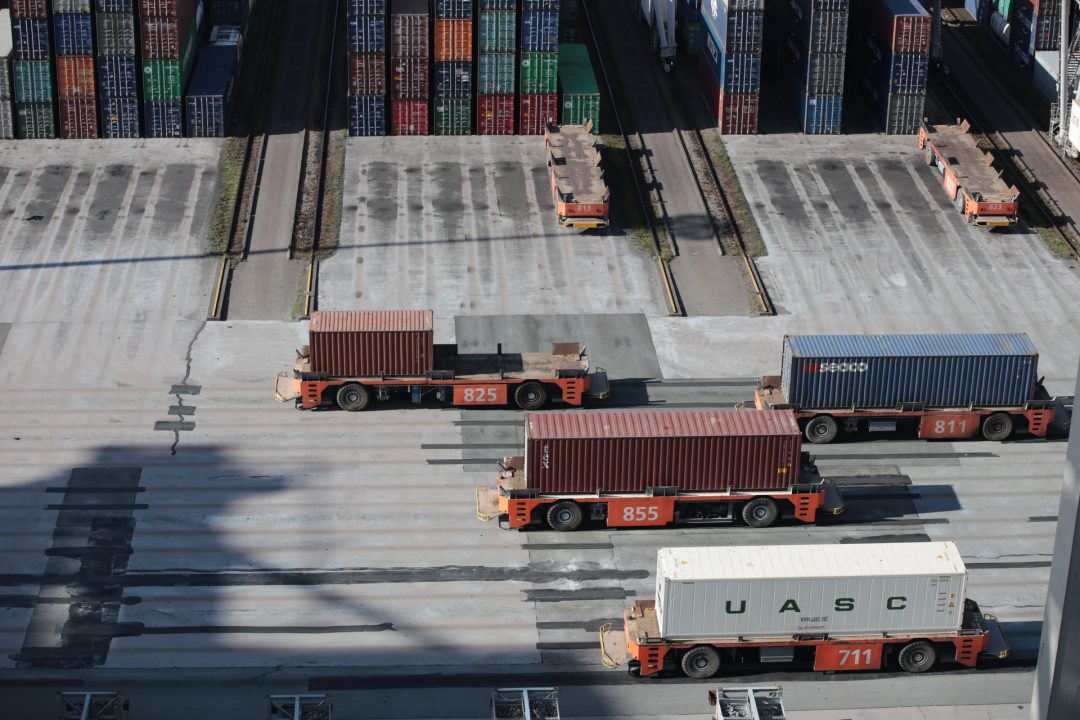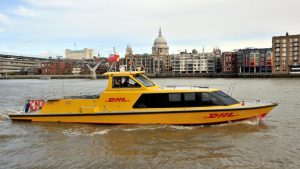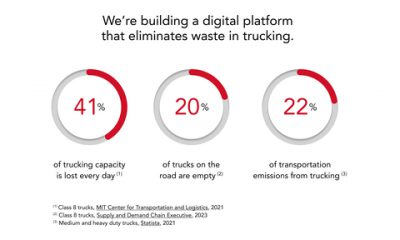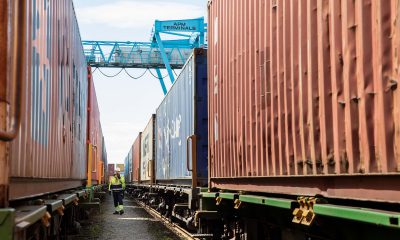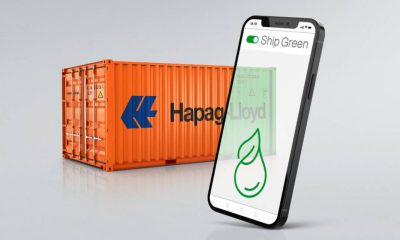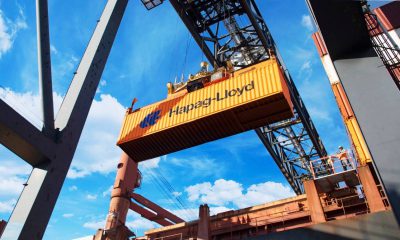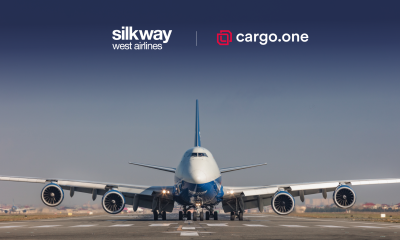As more industries and businesses prioritize sustainable practices in order to build a greener future, Coyote Logistics, a leading global third-party logistics (3PL) provider, released the results of its latest proprietary research study titled “Sustainable Supply Chain Management: Driving a Smarter, More Sustainable Future.” The study revealed that 81% of companies are more focused on sustainability today than they were three years ago, and to be successful their supply chains must play an integral role in owning sustainable initiatives across their networks.
Conducted in partnership with third-party market research firm
Martec, the survey analyzed where global shippers stand today on sustainability to garner a better understanding of how supply chain leaders are approaching it and where they see the greatest opportunities for growth. 250 global shippers across various industries, company sizes, verticals and seniority levels were surveyed to explore buying habits and perceptions about the evolution toward a more sustainable supply chain.
“At Coyote, we understand the industry is prioritizing sustainability today more than ever before, and that this trend will only continue. As a leader and innovator within the supply chain, Coyote is committed to delivering insights and innovative solutions that support sustainable practices, which are being driven by our
Coyote Collective industry forum,” said Mike Sinkovitz, SVP of
Coyote Transportation Management. “With our advanced technology, proprietary research and over a decade of industry experience, we’re uniquely positioned to support the advancement of sustainable processes across a wide range of logistics services. The first step is understanding where the industry stands today, which is why we are eager to share the results of this study.”
Notably, the study found the trend towards sustainability within the supply chain is dominant among companies of all sizes, and the same is true across different verticals. This common commitment reinforces that, regardless of company size or industry, sustainability is here to stay. As organizations look to implement change in their own networks, they need the collective support of all business areas, often with supply chain at the forefront of these initiatives.
“Sustainable practices and operations are now the expectation among customers and key stakeholders. As a result, supply chain professionals need to prioritize these initiatives across their entire networks to achieve continued success,” said Sinkovitz.
Consumers impact supply chain sustainability efforts
To better understand how important sustainability is to the consumers that drive supply and demand, the survey investigated their perspectives about purchasing products or services from brands that operate in a way more favorable for the environment, including in their approaches to supply chain management. 84% of respondents were more likely to base a purchase decision on a brand’s sustainability practices. In response to this trend, 77% of companies with revenues between $1M–$199M have increased their focus on sustainability within the last three years. This reinforces the importance of green practices for consumers and the acknowledgment of this trend among shippers.
Consumer loyalty based on sustainable efforts was also clearly demonstrated. 61% of respondents noted their willingness to wait longer for the delivery of their purchases if they know it’s better for the environment. Despite this, same-day and next-day delivery options are commonplace.
“The study’s data clearly outlined this juxtaposition between consumers’ desire for quick deliveries and sustainable shipping practices. Delivering on both requires a holistic, collaborative effort from all members of the supply chain,” said Sinkovitz.
Due to increased demand for more environmentally friendly products and services, a focus on supply chain sustainability is critical: 98% of global shippers now have at least one team member dedicated to green initiatives. However, only 25% take it a step further and require information on sustainability within their RFPs, showing a lack of consensus on how to plan for and measure performance.
What this means for the supply chain
With more global shippers having dedicated team members focused on sustainability initiatives and 81% being more focused on these efforts than they were three years ago, it is apparent the need is being recognized. Supply chain professionals are building long-term sustainability goals that they expect to meet within the next four to five years.
The supply chain has “woken up” to the fact that sustainability should be prioritized if lasting success is to be achieved. Companies reported sustainability practices generated a return on investment (ROI) based on key performance indicators, which included cost savings (67%), benefits to company reputation (59%) and reflection of industry leadership (52%), among others.
Whether members of the supply chain have already implemented environmentally friendly practices or they’re just getting started, prioritizing sustainability is going to be critical to achieve continued success. The data uncovered in the survey serves as a guide to support these efforts and represents a starting point in the pursuit of a more sustainable future within the supply chain.

